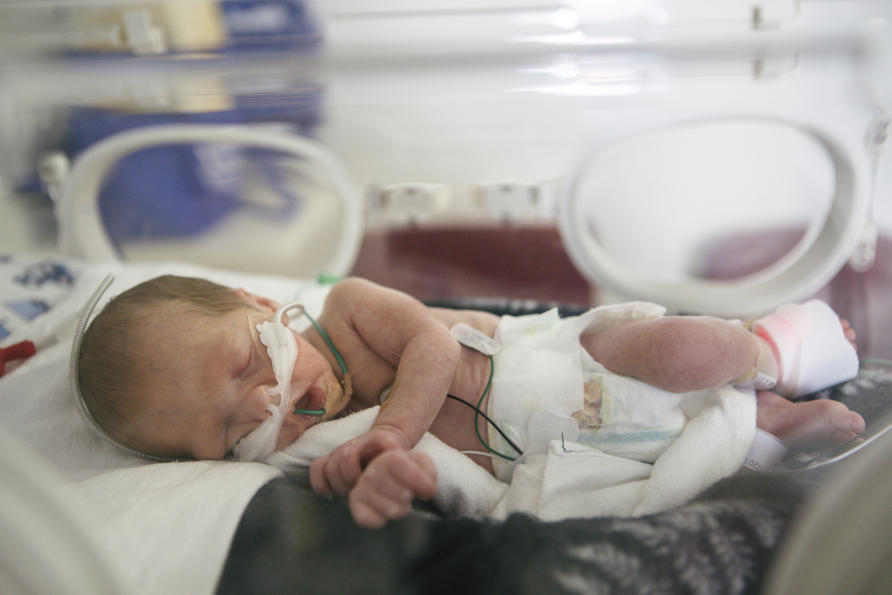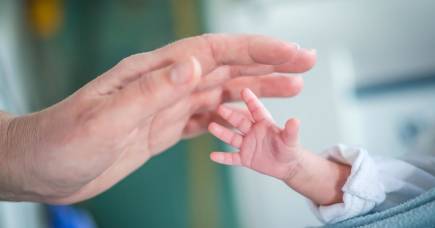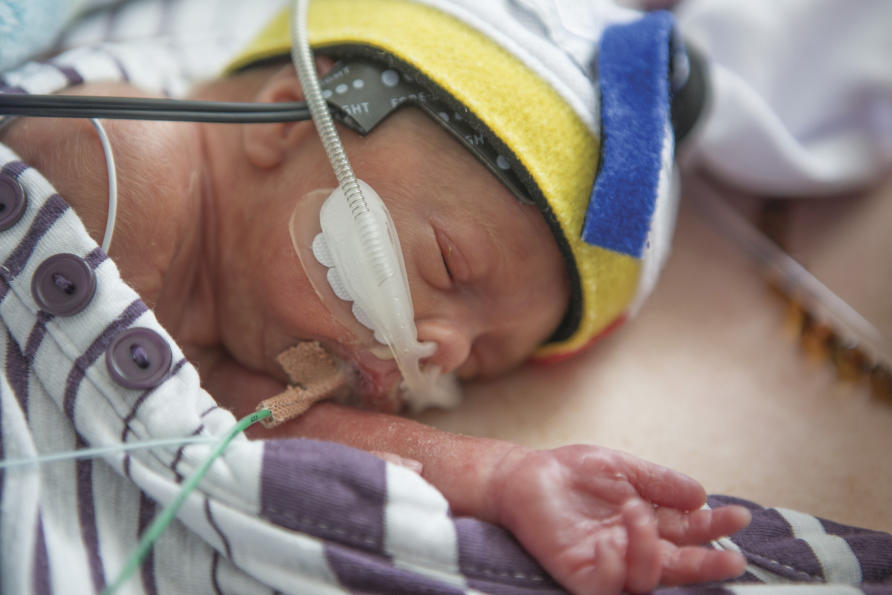Doctors have been using caffeine for pre-term babies since the 1990s, and new research shows the benefits last for years
Yet that’s exactly what doctors routinely use to stimulate breathing in premature babies.
Some of us might joke that we can’t live without coffee, but that phrase is literally true for these littlest of babies.

Caffeine has been given to pre-term babies since the 1990s and University of Melbourne Professor of Neonatal Paediatrics Lex Doyle and his colleagues have been keen to monitor the progress of those babies as they grew up.
Now they have published new research on the progress of over 140 Australian premature babies between birth and age 11. They found that the caffeine caused the children no harm, and actually helped their breathing.
Professor Doyle, who works at the Royal Women’s Hospital in Melbourne, started caring for premature babies in the mid-1970s when caffeine-like medicines were just beginning to be used. They were caffeine-like because caffeine itself was not available for medical use back then.
“You might think it’s the same stuff they serve in Lygon St, and it is, but it’s in the medical form rather than a short black,” he says.

In his early career, ventilators were new and the outlook for premature babies was improving but had a long way to go.
Before ventilators were introduced in the 1970s, medical and nursing staff watched helplessly as many premature babies died because very little could be done help their breathing problems.
He says pre-term brains aren’t wired the same way as a fully-developed babies, and this causes problems with their respiratory systems.
“If you are born pre-term you don’t have quite the same control over breathing that you would otherwise have. Preterm babies sometimes forget to breathe and don’t start again,” he explains.
But caffeine appears to stimulate those babies just enough to keep them going.
Professor Doyle says rather than keeping the babies awake – they still sleep most of the time – caffeine seems to “smooth out” the pauses in breathing.
“It does something to the baby’s brain. Part of our brain called the respiratory centre controls breathing. It does this automatically all the time. But in premature babies it’s not switched on as well as it should be.”
Between the 1970s and 1990s, doctors switched to medical caffeine delivered orally or intravenously.
